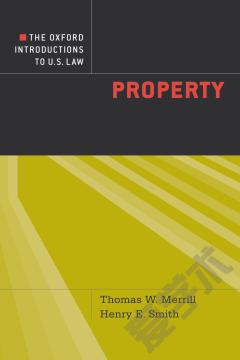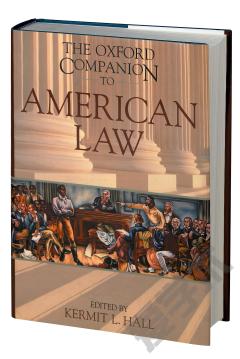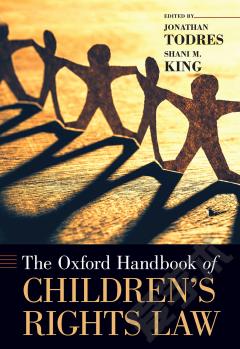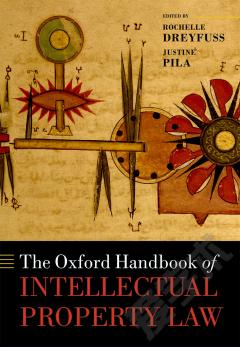Land Rights —— Oxford Amnesty Lectures
----- 土地权:牛津特赦讲座
Indigenous peoples and governments, industrialists and ecologists all use - or have at some stage to confront - the language of land rights. That language raises as many questions as it answers. Rights of the land or rights to the land? Rights of the individual or rights of the community? Even accepting that such rights exist, how to arbitrate between competing claims to land? Spanning as they do a wide range of intellectual territory, and their spheres of interest or activity ranging geographically from the Niger Delta to Papua New Guinea, from Quebec to the Eastern Cape, the contributors to this volume move across a range of different, and at times contradictory, approaches to land rights. Marilyn Strathern explores the divergent anthropologies of land, specifically regarding the equation of land and property. Cree lawyer and spokesman Romeo Saganash and Frank Brennan, an Australian lawyer and priest, explore the legal framework for land claims. The UN's International Decade of the Rights of Indigenous People recently ended in the failure of negotiating govemnents to accommodate, within international law, a 'collective' right to land. It is only by acknowledging this collective right to self-determination, both argue, that governments can come to terms with their indigenous populations and their own colonial past. Against the pleas of Brennan and Saganash, the Kenyan Richard Leakey, whose own history and politics is indissociable from that past, questions the whole notion of 'indigeneity'. The campaigner Ken Wiwa speaks too of the difficulties of redressing historical injusticeis, especially in a region - the Niger Delta - where the indigenous Ogoni have no written record of their losses. Finally William Beinart, a historian and advisor to the South African government, outlines some of the practical difficulties of land reform in that country. Contributors to this volume - WILLIAM BEINART is Rhodes Professor of Race Relations at St. Anthony's College, Oxford. His most recent books include the second edition of his Twentieth-Century South Africa (2001) and The Rise of Conservation in South Africa, 1770-1950 (2003). FRANK BRENNAN is a Jesuit priest and Professor of Law in the Institute of Legal Studies at the Australian Catholic University. He is an officer of the Order of Australia for services to Aboriginal Australians. TIMOTHY CHESTERS is a lecturer in Modern Languages at Royal Holloway, University of London. He is a specialist in the relationship between learned demonology and culture in early modern Europe. MARCUS COLCHESTER is director of the Forest Peoples' Programme. He joint edited The Struggle for Land and the Fate of the Forests (1993). ADAM HIGAZI is a doctoral student in African studies at the Department for International Development, University of Oxford. He is currently preparing a thesis on 'The Historical Ethnography of Conflict in Plateau State, Central Nigeria.' LOTTE HUGHES is a lecturer in African Arts and Cultures at The Open University's Ferguson Centre for African and Asian Studies. She is author of The No-nonsense Guide to Indigenous People (2003) and Moving the Maasai: A Colonial Misadventure (2006). RICHARD LEAKEY is a paleoanthropologist and former director of the Kenya Wildlife Service. In 1999 he was appointed Cabinet Secretary and head of the civil service, a post he resigned in 2001. His books include The Origin of Humankind (1994) and (with Roger Lewin) The Sixth Extinction: Patterns of Life and the Future of Mankind (1995). ELLEN L. LUTZ is Executive Director of Cultural Survival. She has written widely on human rights and conflict resolution, with particular reference to Latin America. She is author of Serving Survivors of Torture (1991). LAURA RIVAL is a fellow of Linacre College, Oxford, and a university lecturer in Anthropology and Development. Her work centres on the impact of development policies on Amerindian indigenous peoples. She is author of Trekking through History: The Huaorani of Amazonian Ecuador (2002). ROMEO SAGANASH is a lawyer, director of Quebec relations for the Cree Regional Authority and former Deputy Grand Chief of the Grand Council of the Crees. MARILYN STRATHERN is William Wyse Professor of Social Anthropology at the University of Cambridge, and Mistress of Girton College. She is author of Property, Substance and effect: Anthropological Essays on Persons and Things (1999) and Kinship, Law and the Unexpected: Relatives are often a surprise (2005). KEN WIWA, also known as Ken Saro-Wiwa Jnr., is a Canada-based Nigerian journalist and author. He is author of In the Shadow of the Saint (2000). He currently writes as a columnist for The Globe and Mail.
{{comment.content}}








 京公网安备 11010802027623号
京公网安备 11010802027623号